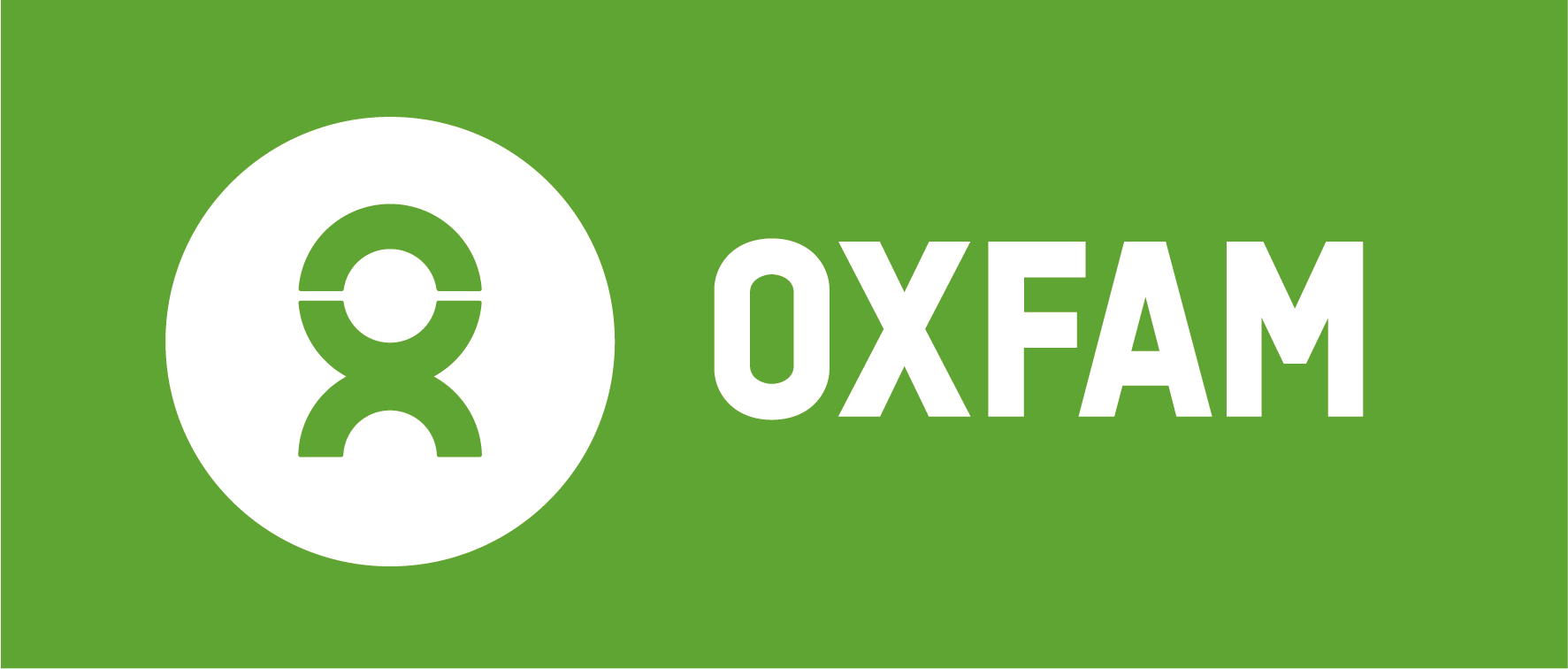The Oxfam Nigeria has called for a review of tax policy to reverse the current trend of payment of higher taxes by the vulnerable in the society than the rich, as part of measures to reduce poverty and corruption in the country.
The Acting Country Director, Oxfam Nigeria Mr. Hamzat Ahmed Tijani, made the call on Thursday in Abuja on the sideline of the ‘Fiscal Accountability for Inequality Reduction FAIR4AlLL Media Colloquium and Exhibition’.
Represented by Acting Head of Programmes, Oxfam Nigeria, Dr William Mafwalal, said the programme was organised by Oxfam Nigeria in collaboration with the Dutch Ministry of Foreign Affairs, Connected Development (CODE), Civil Society Legislative and Advocacy Council (CISLAC), BudgIT and Kebetkache Women Development and Resource Centre.
- 3-tyre vehicle arrested, driver prosecuted in Ogun
- Mustapha Gajibo and the dream of building the Nigerian electric vehicle
He frowned at current practice of payment of higher or multiple taxes by market women and farmers, saying the inequality is a contributing factor to the high rate of poverty in the society.
“Our tax system need a lot of work to ensure that this taxes are collected as they should and also ensure that the people saddled with the responsibility of pushing this taxes do their job.
“We have seen through research conducted that vulnerable people down the ladder in terms of economic status are the ones that pay more taxes than people up there having more economic opportunities due to policies and systems put in place by our government.
“The policies give sometimes tax relieve on some of these corporations and organisations that are supposed to pay heavy tax and allow the vulnerable market women and farmers in the villages pay tax on everything that they need or access to earn a living.
“Government should look at their policies again and ensure that those policies are balance that is ensuring fair taxation,” he said.
Also, Mr Henry Ushie, Project Coordinator, FAIR4ALL said the event is a global programme implemented across 14 countries including Netherlands.
“The overall objective of FAIR4ALL is to see how we reduce inequality as one of the root causes of poverty. We are in collaboration with partners to also ensure that budget is as participatory as much as it can and also promoted fair taxation.
“Based on the research we conducted we realised that the reason for this much poverty is inequality which has really be endemic. We need to end that menace that is why this programme was introduced,” Ushie said.
The Policy Advisor, Food Security and Climate Change, Embassy of the Kingdom of the Netherlands, Mr. Foluso Adejoro, expressed concerns at the high inequality in rural areas, urging everyone to strive for positive changes.
Mr Joseph Amenaghawon, Strategy, Growth and Analytics Advisor, budgiT, said the biggest trigger was to energies Nigerians to prioritise fiscal accountability adding that the measure could be used to deal with challenges of inequality.

 Join Daily Trust WhatsApp Community For Quick Access To News and Happenings Around You.
Join Daily Trust WhatsApp Community For Quick Access To News and Happenings Around You.


